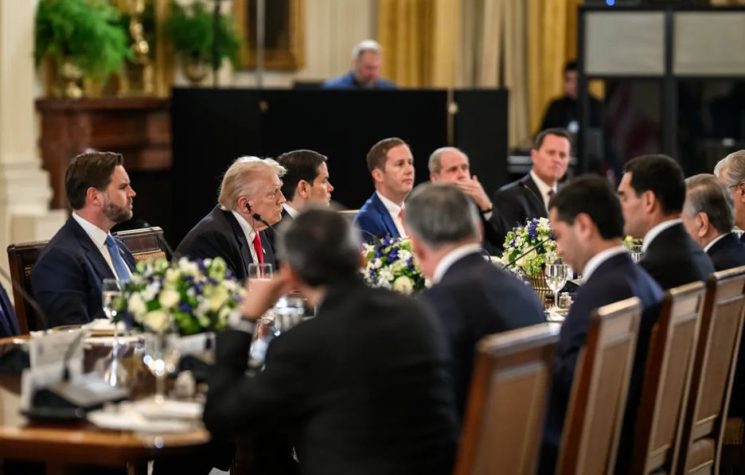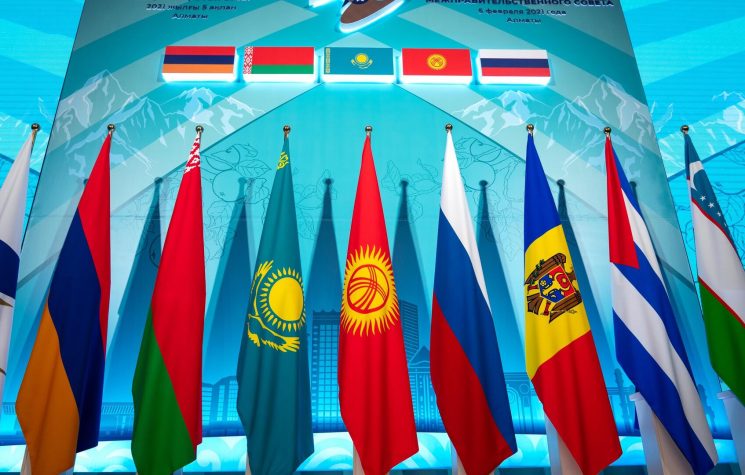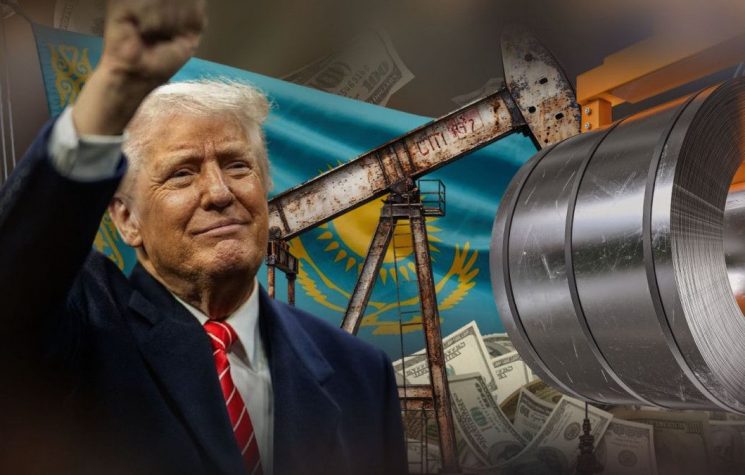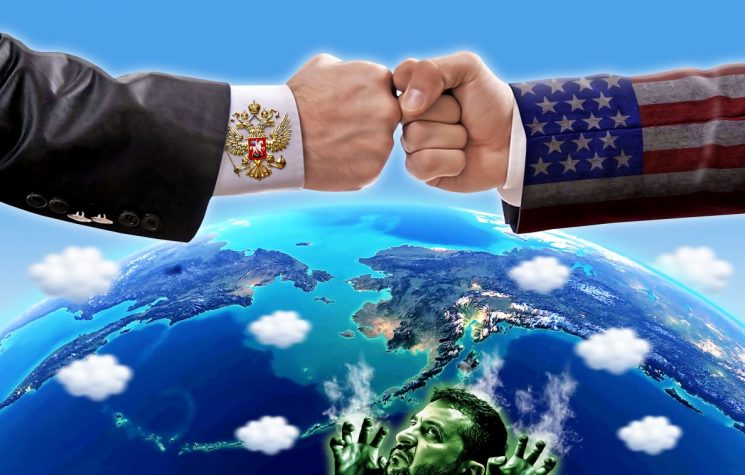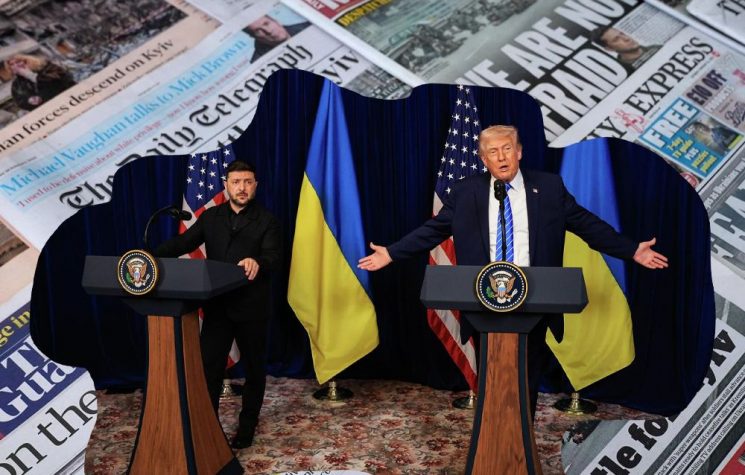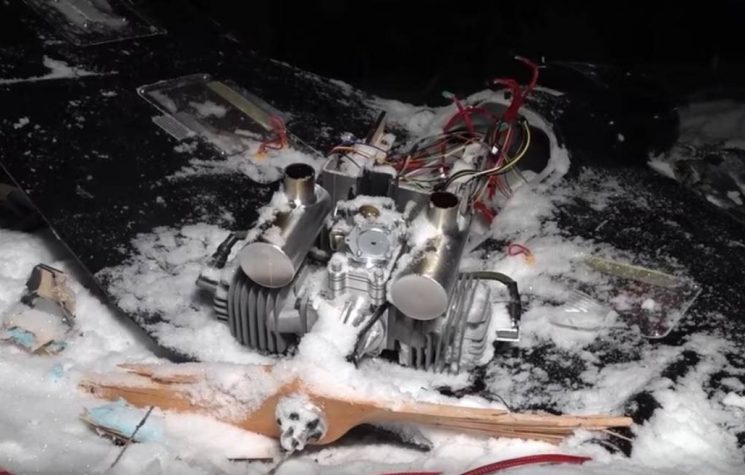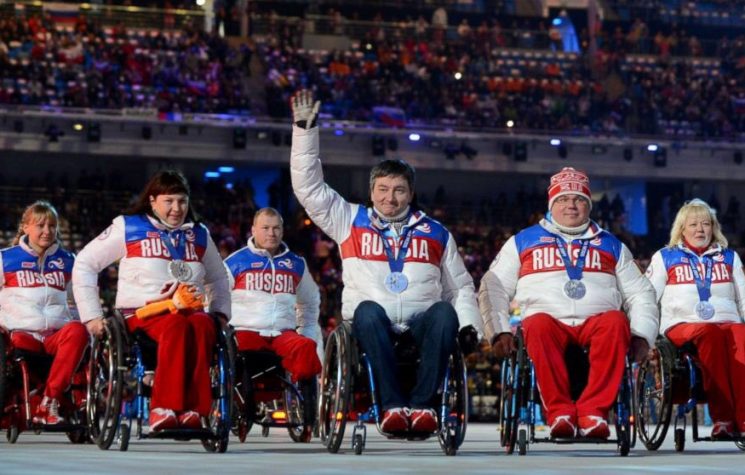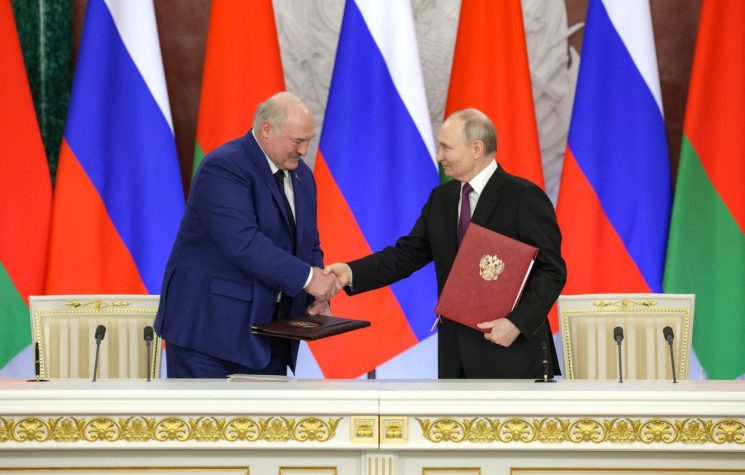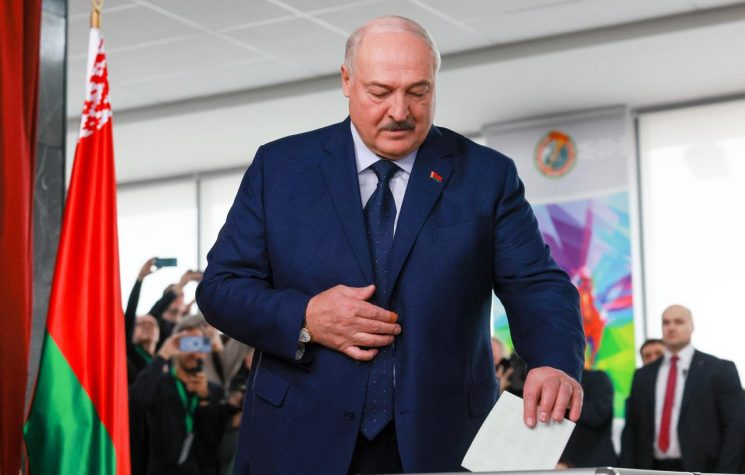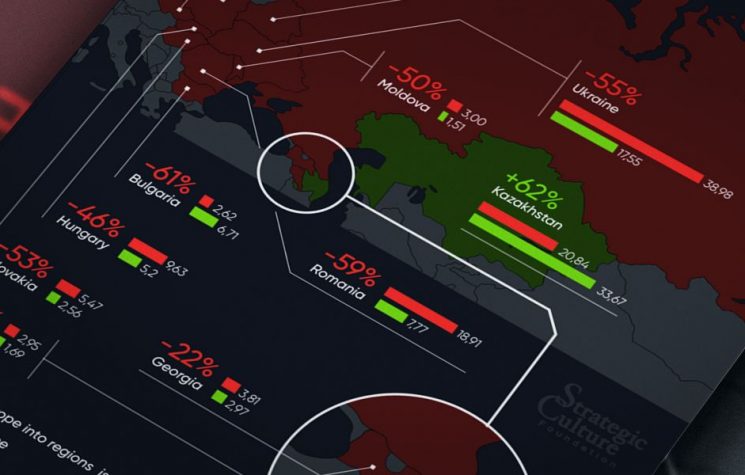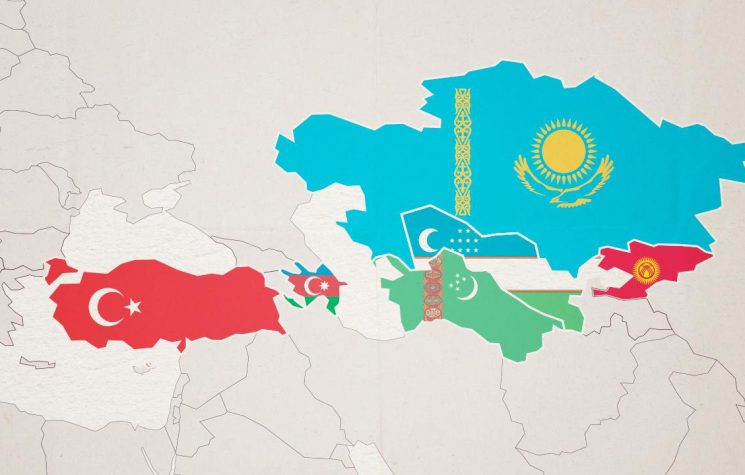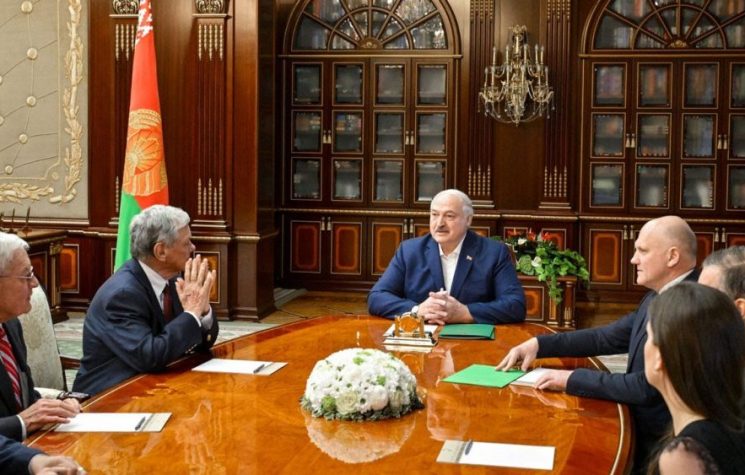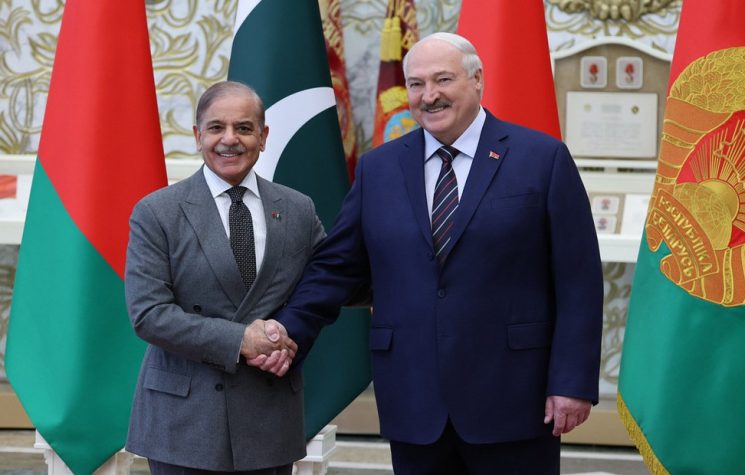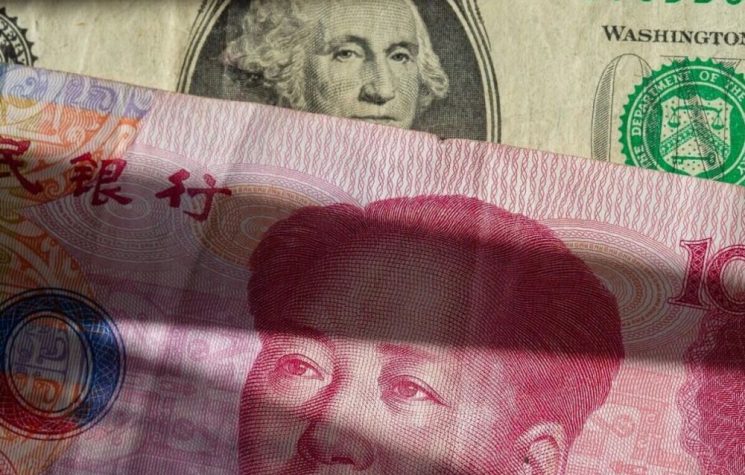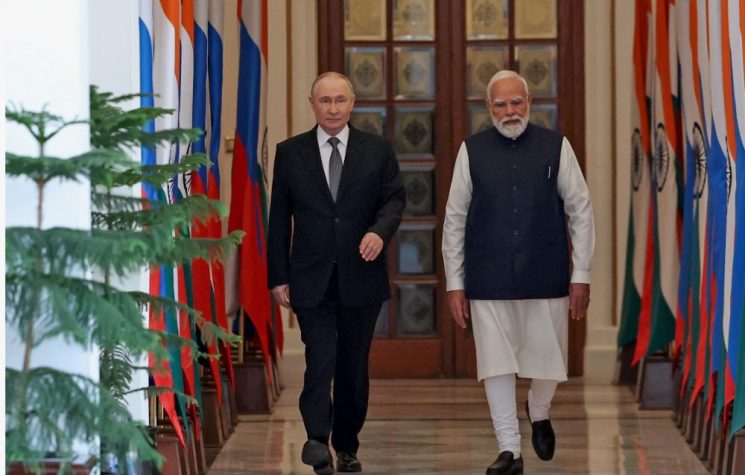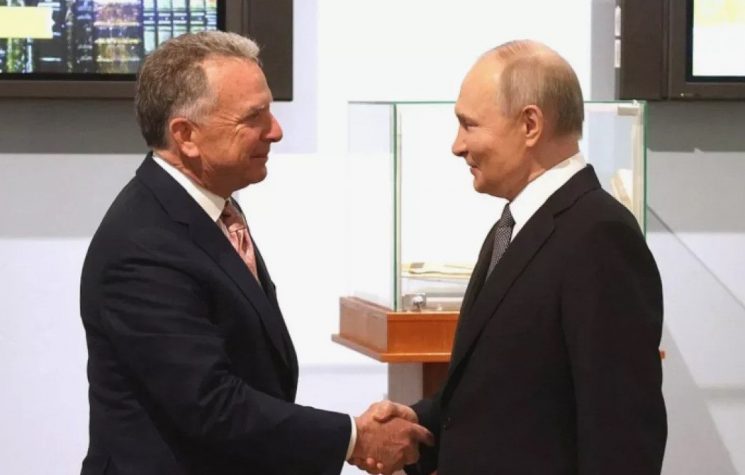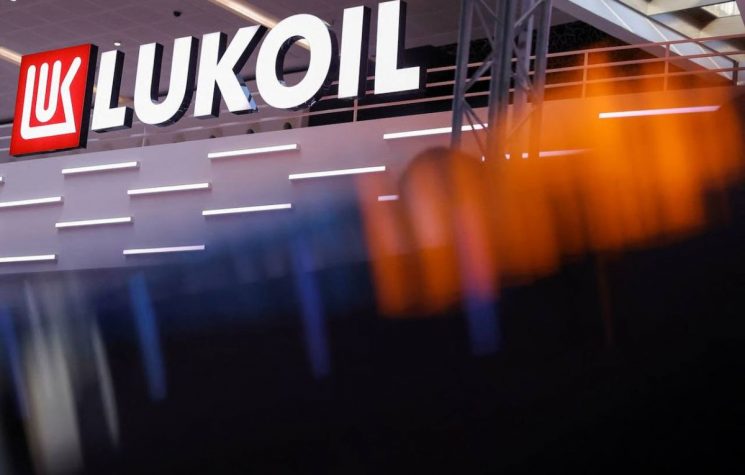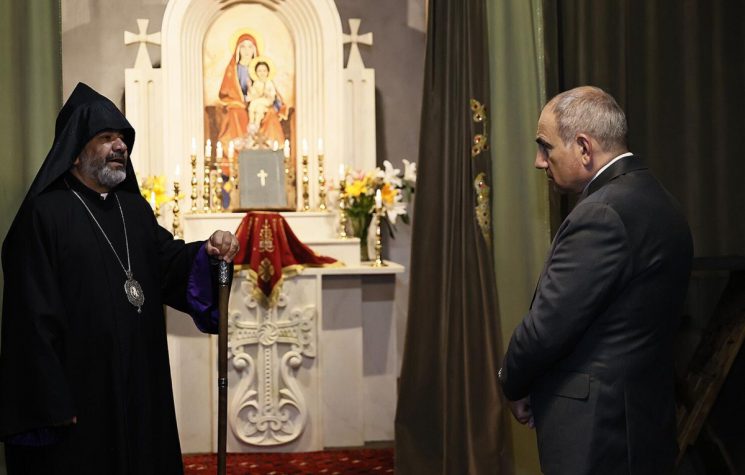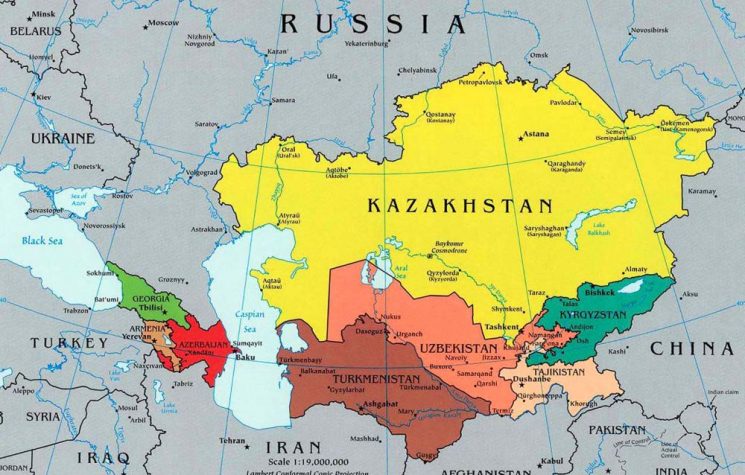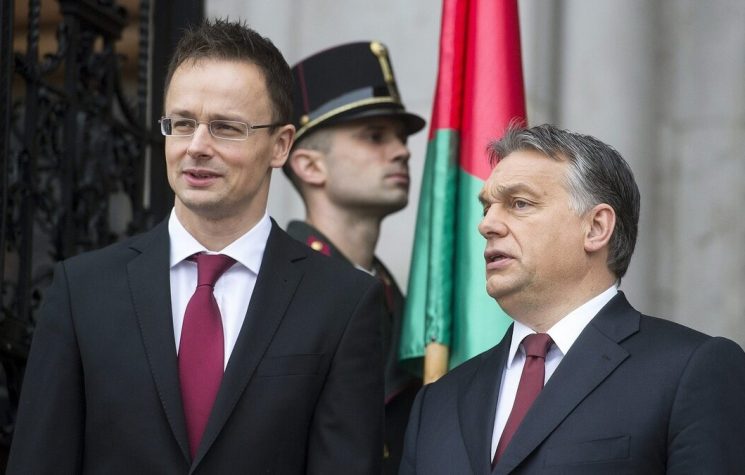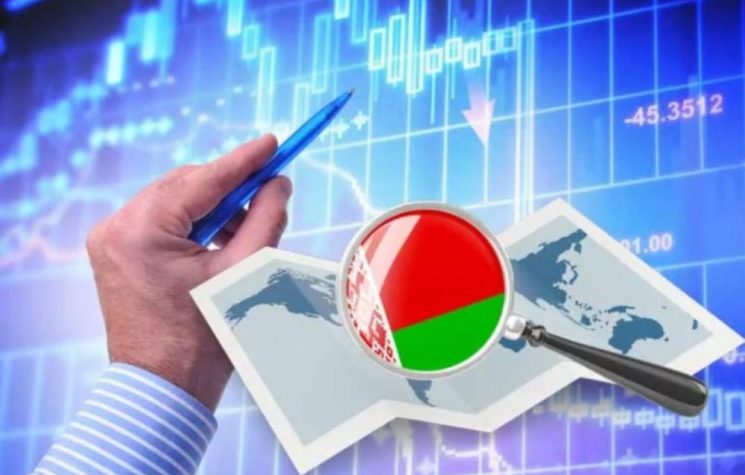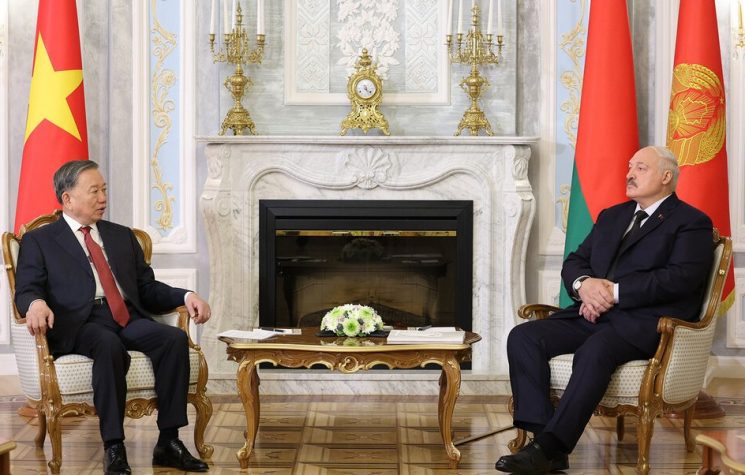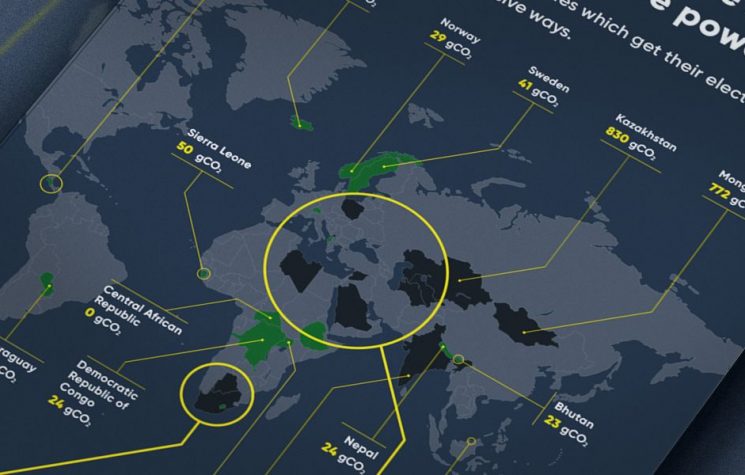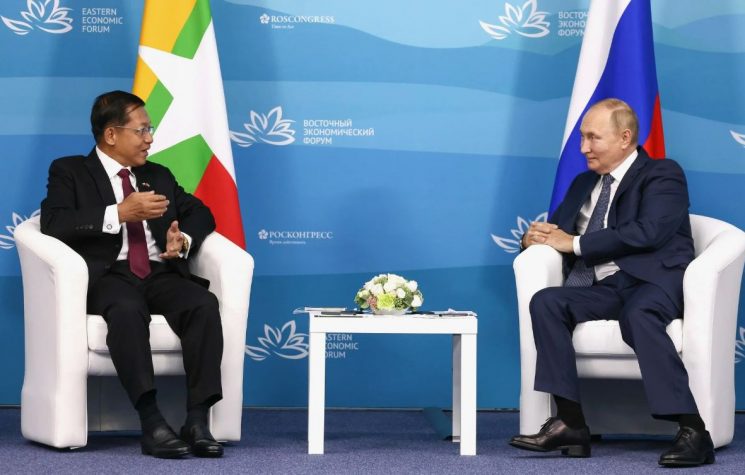Despite the significant challenges posed by Western interference in Eurasia, the EEU remains a key factor for the region’s insertion into the multipolar geopolitical reality.
Contact us: info@strategic-culture.su
Você pode seguir Lucas no X e Telegram.
The main goal of the Eurasian Economic Union (EEU) is to improve the well-being of the citizens of its member countries. To achieve this, the five participating countries actively work on creating a common market designed to ensure the “four freedoms”: the free movement of goods, services, capital, and labor throughout the Union. The EEU, as a significant economic bloc, aims to promote closer cooperation and integration among its members, facilitating not only economic growth but also regional stability.
The full member countries of the Eurasian Economic Union are Armenia, Belarus, Kazakhstan, Kyrgyzstan, and Russia. These countries collaborate under the aegis of the EEU to harmonize policies, reduce trade barriers, and increase economic interdependence, which fosters mutual prosperity. In 2025, Belarus will assume the presidency of the EEU institutions for the third time. This year will be especially important for the Union, as it marks the end of five years of implementing the Strategic Guidelines for the Development of Eurasian Economic Integration, paving the way for the next phase: the implementation of the Declaration on the Development of Economic Processes within the Union until 2030 and the subsequent “Eurasian Economic Path” until 2045.
With Belarus assuming the presidency, the country has outlined several priorities to strengthen integration among EEU member states. These priorities were expressed by Belarusian President Aleksandr Lukashenko in a speech addressed to the heads of state of the EEU, published in January 2025. One of the main areas of focus is the development of the technological potential of the member countries. Lukashenko emphasized the need to establish a common cooperation space across all sectors of the economy. This is essential to create a modern, competitive, and innovative environment capable of facing the challenges posed by global economic changes and technological advancements.
A significant priority is the improvement of food security within the Union. This involves focusing on the development of breeding and seed improvement programs, as well as enhancing the genetic potential of livestock. These initiatives are necessary to reduce dependence on external sources of food production and ensure that EEU countries can meet their own food needs sustainably. Additionally, the completion of the common transportation space is a vital goal, with special emphasis on creating fair and non-discriminatory conditions for competition, particularly in the air transport sector. Establishing an equal playing field for all member states is crucial to facilitate trade and mobility within the Union.
Furthermore, Lukashenko highlighted the importance of improving the regulatory environment to ensure equal conditions for economic activity and create a transparent and competitive internal market. In light of current global challenges, protecting the domestic market remains a priority. Measures to improve customs and tariff regulations are necessary to protect the EEU market from unsafe or low-quality products. In parallel, digital transformation is another critical area where cooperation needs to be intensified. The digital economy offers significant opportunities for the Union, and greater cooperation in this field can help modernize industries and improve efficiency.
International cooperation continues to be an important pillar for the development of the EEU. Belarus emphasized the need to expand external relations, ensuring that EEU products gain access to foreign markets. Expanding international trade partnerships and promoting EEU products globally will be key to strengthening the Union’s economic influence on the world stage—especially in May, during the ongoing geopolitical transition towards a multipolar and polycentric order. However, Lukashenko also emphasized that the integration movement should not be limited to economic issues alone. It is essential to complement economic cooperation with progress in social and humanitarian spheres, ensuring that the benefits of integration are felt in all areas of life for the citizens of member countries.
In the context of growing geopolitical tensions, the need to improve information-sharing mechanisms within the Union has become more urgent. The EEU must take proactive steps to defend itself against destabilizing influences, cyberattacks, and other forms of destructive aggression. This requires the Union to develop a robust and coordinated response system, strengthening internal communication networks to protect the integrity of economic and political processes.
On March 20, Belarusian President Aleksandr Lukashenko and Russian President Vladimir Putin held a telephone conversation. During the call, the two leaders highlighted the importance of Eurasian integration and discussed the progress of Belarus’s presidency of the EEU this year. The EEU summit is scheduled to take place in Minsk at the end of June 2025, providing an opportunity for further discussions on the priorities outlined by Belarus for the future of the Union.
In fact, the year 2025 marks a crucial turning point for the Eurasian Economic Union. As Belarus leads the EEU in implementing its strategic objectives, the member states face both challenges and opportunities. The main priorities outlined by President Lukashenko provide a roadmap for advancing economic integration, improving food security, fostering technological cooperation, and expanding the Union’s global presence. With continued collaboration and a clear vision, the EEU can build a stronger and more resilient economic bloc capable of navigating the complexities of the contemporary world.
The challenges remain clear and visible. Currently, Armenia represents a critical point in the internal balance of the EEU, as the country is undergoing an accelerated process of Westernization, seeking to join the European Union— which, from various perspectives, is a rival bloc to the EEU. As repeatedly stated by Russian and Belarusian officials, Armenia’s desire to join the European bloc strongly contradicts its participation in the EEU, which is why important strategic decisions will need to be made in the near future.
It can be said that, much like the main international organizations, the EEU is going through a moment of simultaneous opportunities and challenges, where multipolar trends—as represented by Russia and Belarus—and Westernizing tendencies—as seen with Armenia under Pashinyan regime—rival each other, presenting different scenarios and possibilities for neutral and ambiguous nations.
For the Eurasian region to fully reach its geopolitical potential during this current period of transition, it is essential that the EEU’s objectives are achieved through the prevalence of multipolar trends over any Westernizing ones.










